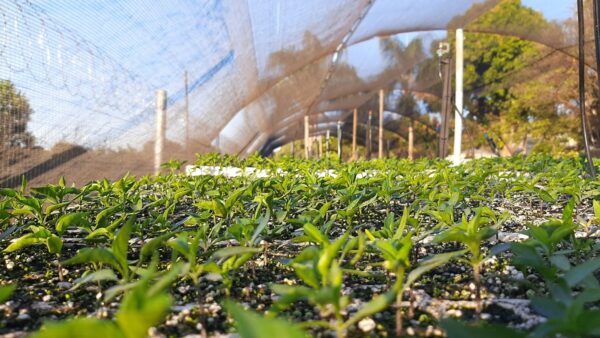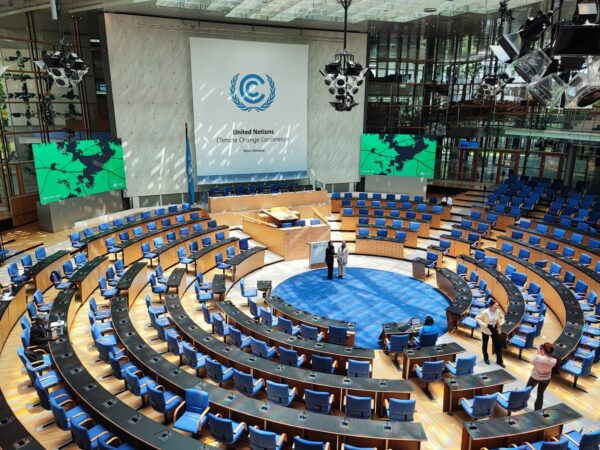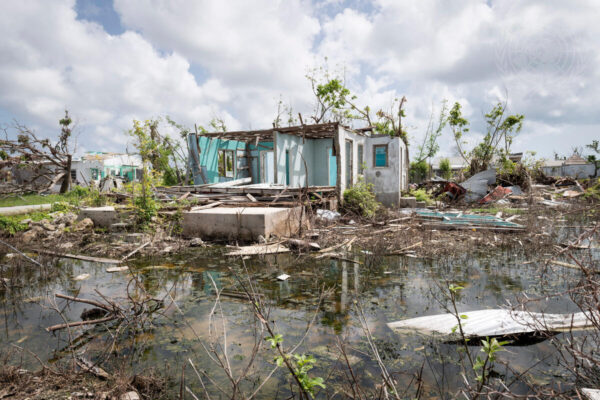Governance in socioeconomic pathways and its role for future adaptive capacity
Authors
Marina Andrijevic, Jesus Crespo Cuaresma, Raya Muttarak, Carl-Friedrich Schleussner
Share

Weak governance is one of the key obstacles for sustainable development. Undoubtedly, improvement of governance comes with a broad range of co-benefits, including countries’ abilities to respond to pressing global challenges such as climate change.
However, beyond the qualitative acknowledgement of its importance, quantifications of future pathways of governance are still lacking. This study provides projections of future governance in line with the Shared Socioeconomic Pathways.
We find that under a ‘rocky road’ scenario, 30% of the global population would still live in countries characterized by weak governance in 2050, while under a ‘green road’ scenario, weak governance would be almost entirely overcome over the same time frame.
On the basis of pathways for governance, we estimate the adaptive capacity of countries to climate change. Limits to adaptive capacity exist even under optimistic pathways beyond mid-century. Our findings underscore the importance of accounting for governance in assessments of climate change impacts.











